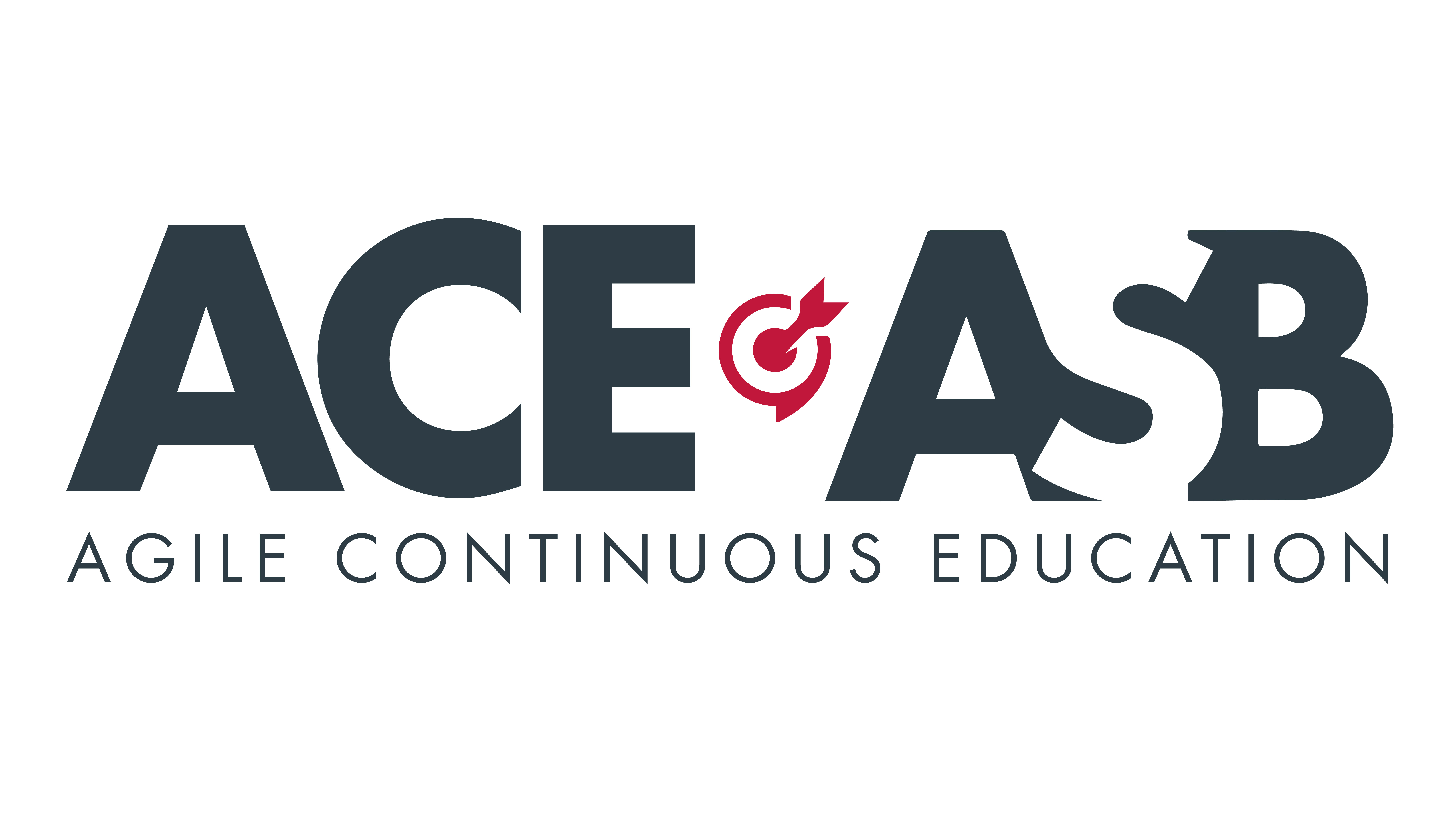
Professor Shardul Phadnis
Dr. Shardul Phadnis is Associate Professor of Operations and Supply Chain Management at the Asia School of Business. Previously, he served as the Associate Professor and Director of Research at MIT SCALE Network’s Malaysia Institute for Supply Chain Innovation. His research explores the intersection of supply chains and strategic management: how organizations create value by orchestrating supply chain operations, and how strategy processes influence adaptability of supply chain structures and processes.
His book “Strategic Planning for Dynamic Supply Chains: Preparing for Uncertainty Using Scenarios” (Palgrave Macmillan, 2022) describes first-hand accounts of applications of scenario planning in three in-depth cases involving strategic supply chain planning in businesses and long-range planning in governmental transportation planning agencies.
Shardul’s current research examines three lines of inquiry: supply chain resilience through vigilance enabled by scenario planning, value creation by managing operational uncertainty in supply chains, and analysis of end-to-end supply chain configurations. His research has been published in journals such as Strategic Management Journal, MIT Sloan Management Review, Production and Operations Management, and Technological Forecasting & Social Change. He received the Giarratani Rising Star Award for the year 2015 from the Industry Studies Association for his research in apparel supply chains.
Shardul is a member of the editorial board of Futures & Foresight Science, and has served as a reviewer for several leading management journals and academic conferences.
Shardul holds a Ph.D. in Engineering Systems from the Massachusetts Institute of Technology. He teaches graduate-level courses in logistics management and supply chain strategy, and scenario planning in executive education. Before beginning his academic career, Shardul worked in manufacturing firms for seven years and led the Continuous Improvement program at a design-to-manufacture firm.
Frequently Asked Questions
What web browser should I use?
The Open edX platform works best with current versions of Chrome, Edge, Firefox, or Safari.
See our list of supported browsers for the most up-to-date information.

